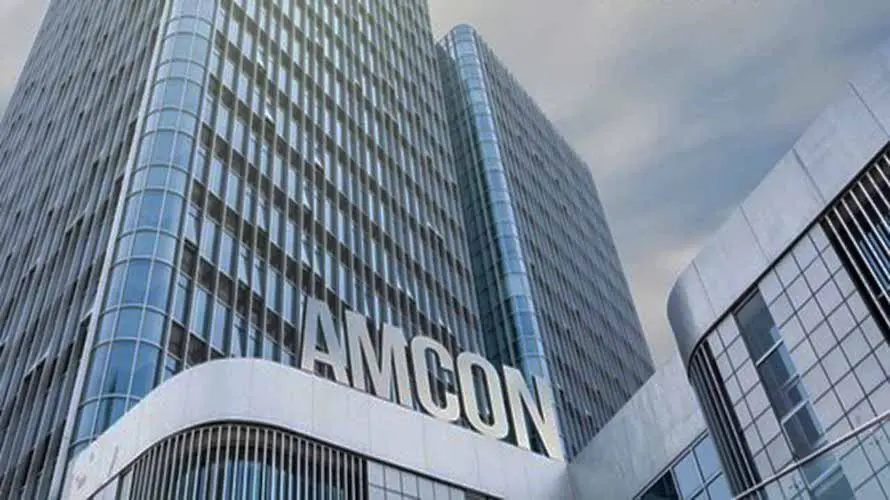Nigeria’s biggest banks are facing mounting financial pressure as their contributions to the Asset Management Corporation of Nigeria (AMCON) levy soared to N442 billion in the first half of 2025 — a sharp 34 percent increase from N330 billion in the same period last year.
The rising regulatory cost, coming amid higher funding expenses, weak loan growth, and a sharp drop in revaluation gains, has weighed heavily on the sector’s profitability.
Data compiled from the financial statements of eight major banks — Zenith Bank, UBA, First Bank HoldCo, GTCO, Stanbic IBTC, FCMB, Wema Bank, and Sterling Financial Holding Company — revealed that AMCON expenses have ballooned in line with expanding balance sheets and off-balance sheet exposures.
Under the AMCON (Amendment) Act of 2015, banks are required to pay 0.5 percent of their total assets plus contingent liabilities annually as a “banking sector resolution cost.”
Among tier-one banks, Zenith Bank incurred the highest levy, paying N143.8 billion, up 56 percent from N92.2 billion in 2024. UBA followed with N92.8 billion, compared to N70.3 billion last year, while First HoldCo paid N74.8 billion, slightly lower than the N77.2 billion recorded in 2024.
Other contributors include GTCO (N50.8 billion), Stanbic IBTC Holdings (N38 billion), FCMB Group (N23.3 billion), Wema Bank (N9.9 billion), and Sterling Financial Holding Company (N8.89 billion).
The cumulative figure already surpasses the N436.5 billion paid by seven major banks in the entire 2024 fiscal year, signalling an accelerating burden.
While operating costs rose sharply, earnings fell across most banks.
Zenith Bank reported a 7.9 percent decline in profit after tax to N532.2 billion, compared to N577.9 billion last year.
UBA’s profit before tax dropped by 3.3 percent, even as its non-interest income weakened.
GTCO’s after-tax profit plunged by 50 percent to N449 billion from N905 billion, while First HoldCo’s profit fell to N289.7 billion from N365.3 billion.
Analysts blame the profit slump on a combination of elevated interest rates, rising impairment charges, and persistent regulatory levies, particularly the AMCON charge.
Industry stakeholders have expressed frustration over what they describe as AMCON’s continued drain on investor value, arguing that the corporation — established in 2010 to absorb toxic bank assets — has outlived its purpose.
Financial analysts have urged the federal government and the Central Bank of Nigeria to review or phase out the AMCON levy, warning that its continuous application could erode banks’ capital and limit their ability to lend to the real economy.
Do you want to share a story with us? Do you want to advertise with us? Do you need publicity for a product, service, or event? Contact us on WhatsApp +2348183319097 Email: platformtimes@gmail.com
We are committed to impactful investigative journalism for human interest and social justice. Your donation will help us tell more stories. Kindly donate any amount HERE




